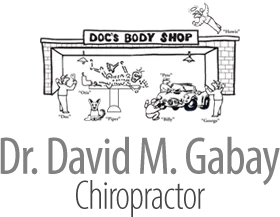
Tension headaches are the most common type of headache. The pain usually spreads throughout the head so that sufferers feel like they’re wearing a tight band.
Doctors divide tension headaches into two types — episodic and chronic. The episodic variety lasts from half an hour to a week, and recurs for up to two weeks each month. Chronic tension headaches may be continuous and last for hours. If you have the band-around-your-head feeling for more than 15 days a month, for at least three months in a row, you may suffer from chronic tension headaches.
Tension headaches usually correlate with depression, anxiety and emotional suffering. Alternatively, the cause could be physical, such as muscle strain due to a neck injury or abnormality in the cervical vertebrae. Some children develop tension headaches due to eye strain.
Symptoms
Tension headache symptoms include:
- Persistent dull ache in the head
- Tender shoulder and neck muscles
- Sensitive scalp
- Tightness around forehead, sides and back of head
- Worsening as the day goes on
Treatment
Treatment focuses on preventing tension headaches and on decreasing pain once they strike. You can take prescription-strength or over-the-counter (OTC) pain relievers. For non-drug pain relief, try altering temperature. A heating pad or an ice pack might help. You can also try acupuncture or massage.
Some doctors prescribe preventive medicines, including antidepressants, muscle relaxants and anticonvulsants. These help some sufferers, but have side effects.
Given that tension headaches often go hand in hand with anxiety and stress, some sufferers try calming activities, such as yoga, meditation or spending time in nature. Regular aerobic exercise can ease depression and possibly decrease headache pain.
Chiropractic Care and Tension Headaches
Improving your posture might keep your neck muscles more relaxed. A chiropractor can assess your spinal alignment and make manual adjustments as needed. Because many tension headaches start in the neck, your chiropractic doctor might focus on adjusting your cervical vertebrae. He or she might also advise you on ergonomics, relaxation techniques and helpful exercises.
Chiropractic care offers pain relief without the side effects of medications. If you suffer from tension headaches, call our clinic today so we can help alleviate your symptoms.
